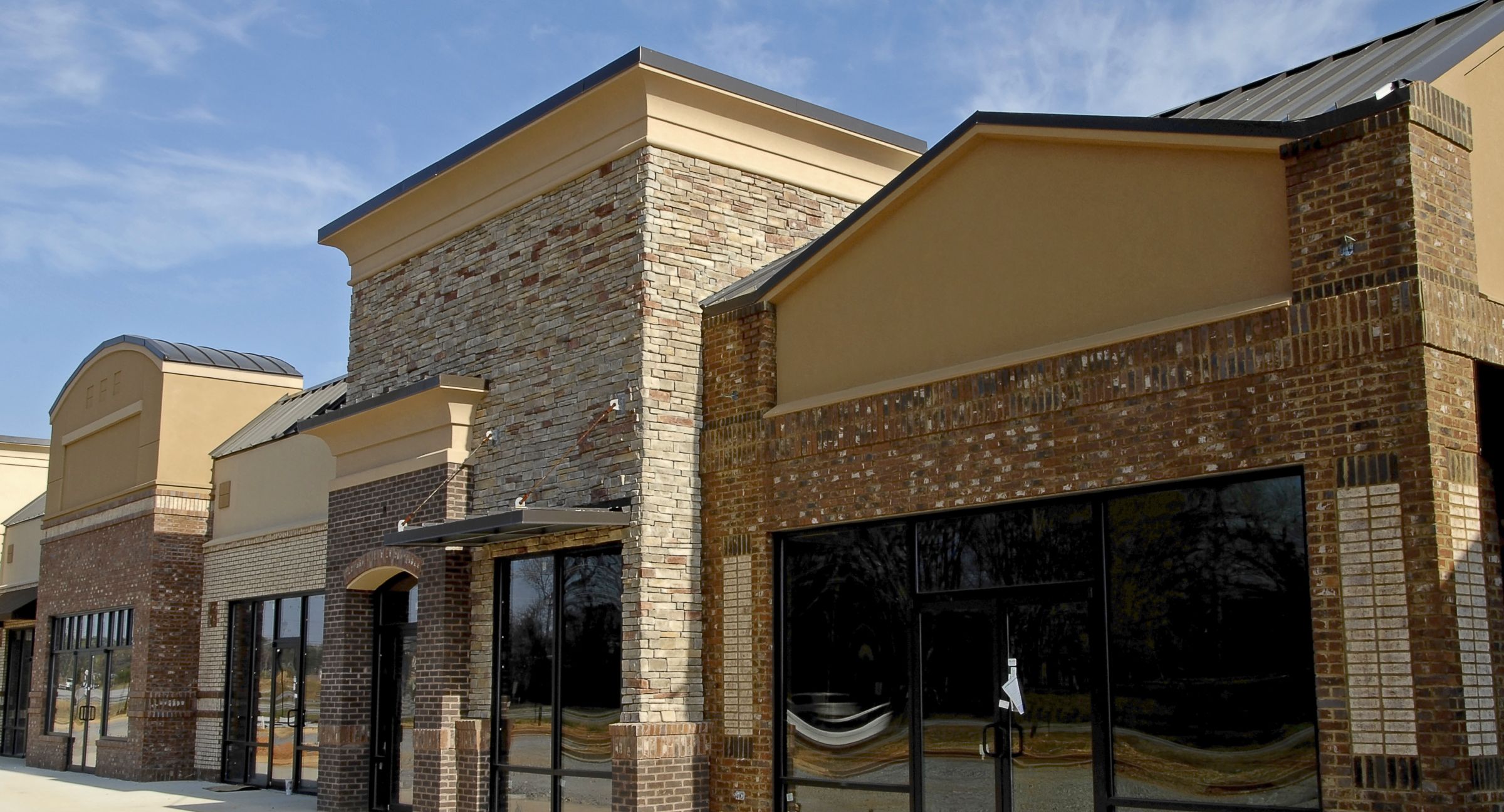
All real estate transactions are complicated, but commercial real estate tends to be much more so. Be it a lease or a purchase, the legal considerations are more complex, and there is generally more money on the line than in a residential real estate transaction. For these reasons, having the aid of a real estate attorney is even more critical in commercial real estate.
But what exactly does a commercial real estate lawyer do, and do you need one?
Contract Review
There are many potential factors to consider in a commercial real estate deal, from zoning restrictions to infrastructure requirements to maintenance responsibilities. If you plan to lease the property, you can’t make assumptions about what is or is not covered by the lease. Unlike residential leases where numerous consumer protections apply, in commercial real estate, you will be presumed to be knowledgeable about everything included (or not included) in the contracts.
A commercial real estate lawyer will be familiar with how these contracts work and can explain to you the benefits and drawbacks of each provision. You can know exactly what you’re getting into, which helps avoid problems further along in the process.
Negotiation & Closing
Commercial leases tend to be more negotiable than a typical residential lease, partly because there are so many more potential variables. For example, who is responsible for maintaining common areas, and is the landlord prohibited from leasing nearby property to competitors? Each of these variables can affect the value of the transaction for both parties.
An experienced attorney can zero in on these factors and ensure you get the best deal possible. The owner may be willing to make concessions or lower the rent in return for your assurances. Also, a lawyer who knows the market can help you spot a deal that may be too good to be true.
Having an attorney is even more important if you’re purchasing the property. If you’ve ever purchased a house or apartment, you know how many steps there are before closing the deal. Commercial real estate is no different. Hiring a lawyer to help close the sale will save you time and effort.
Financing
Financing can be pretty complicated in commercial real estate transactions, especially in the real estate development world. Owners, investors, brokers, and lenders may enter the picture, and boilerplate contracts simply won’t do. Commercial real estate attorneys can negotiate these complex arrangements and ensure you are protected in various contingencies.
Dispute Resolution & Workouts
Not everything always goes according to plan. Disputes arise between tenant and landlord, investors back out of deals, or sometimes business just slows down. A lawyer can help resolve these issues by negotiating with the other party (who often have attorneys of their own) to minimize disruption to your business. For example, a landlord may be willing to accept lowered rent in exchange for a longer lease term. If the conflict can’t be settled, your attorney can represent you in court.
Do You Need a Commercial Real Estate Lawyer?
Given the complexity and expense of commercial real estate transactions, it’s almost always worth consulting with an attorney specializing in these matters. They can review your paperwork and give you advice on how to proceed. Even this small amount of legal assistance can save you from major headaches later.
Our real estate team has years of experience in various areas, from representing clients in zoning applications to complex litigation. Schedule an appointment with our office to discuss your situation and explore your options.











Recent Comments